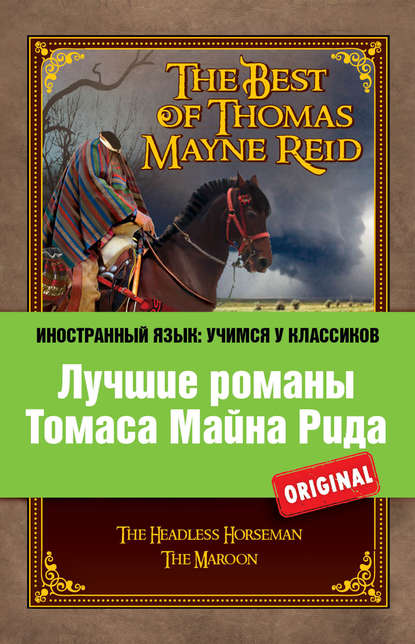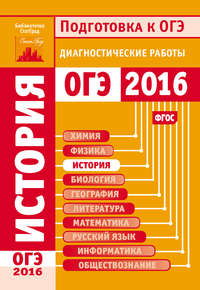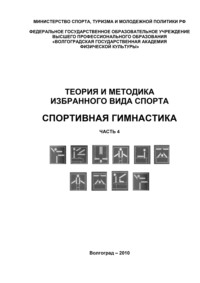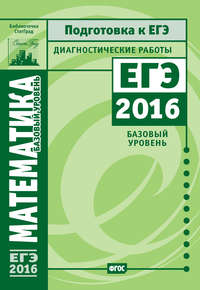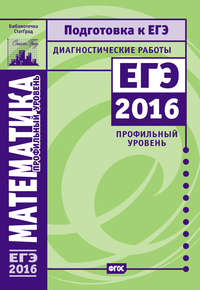75 лучших рассказов / 75 Best Short Stories
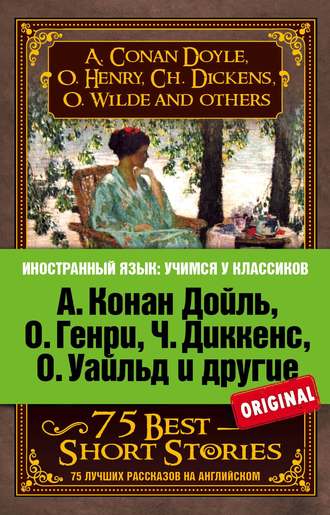
Полная версия
75 лучших рассказов / 75 Best Short Stories
Жанр: зарубежная классикаизучение языкованглийский языкиностранные языкитекстовый материаланглийская классикаамериканская классиказнания и навыки
Язык: Английский
Год издания: 2014
Добавлена:
Настройки чтения
Размер шрифта
Высота строк
Поля
Конец ознакомительного фрагмента
Купить и скачать всю книгу

